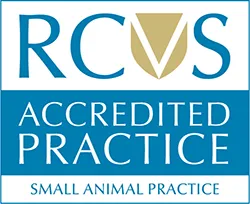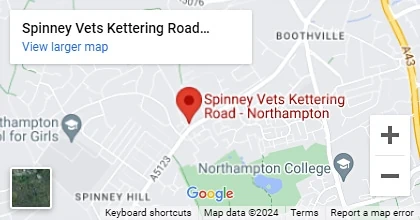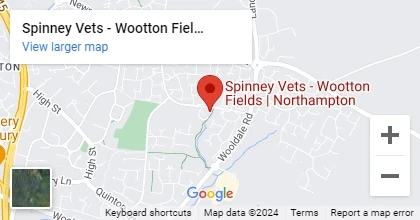Worms, ticks, mites, and fleas – most dogs will have to contend with parasites at some point in their lives.
As far as your dog’s concerned, the vast majority of parasitic infections are merely irritating. Yet if left untreated, they can lead to some serious life threatening conditions.
When it comes to parasites in dogs, ignoring the problem will only make things worse, and may end up affecting not just your dog, but your entire family. Some parasites can even transfer diseases to people.
How do dogs catch parasites?
It depends. Dogs can catch fleas, ticks, scabies and ear mites simply through being near other dogs, or through passing through certain areas when out and about. Coccidia, giardia, and other internal parasites can develop when dogs eat soil or excrement, or when they drink dirty water.
How to tell if your dog has an infection
The tell-tale signs of an infection will vary depending on the specific type of parasite you’re dealing with. But broadly speaking, you should be on the lookout for any changes in behaviour.
It should be obvious when your dog has fleas and ticks, as you’ll notice them scratching, twitching, and rolling on the floor. But certain infections have much subtler symptoms that may be much harder to spot. Your dog’s eating habits may change, or they may start drinking more or less water than usual. They may get diarrhoea, they may start to lose their hair, and their skin may become flaky or inflamed.
What to do if you think your dog has a parasitic infection
We’ve got extensive guides on how to treat fleas and worms, but what about other more serious infections?
The short answer is – call your vet. Share your concerns, and explain the behavioural changes that caused you to worry in the first place. With a series of blood tests and other procedures, your vet will be able to determine the true nature of the infection and prescribe the necessary course of action to take.
But as usual, when it comes to dogs and parasites, prevention is better than a cure. You can significantly reduce the risk of all kinds of parasitic infections simply through keeping your home clean and tidy. Wash your dog’s bedding and food bowls frequently, remove any faeces as soon as possible, and pay close attention to what they eat – especially when you’re out and about.
And the sooner you act, the better. Call your vet the moment you notice that something’s amiss, and commit to regular visits.








Pet Care